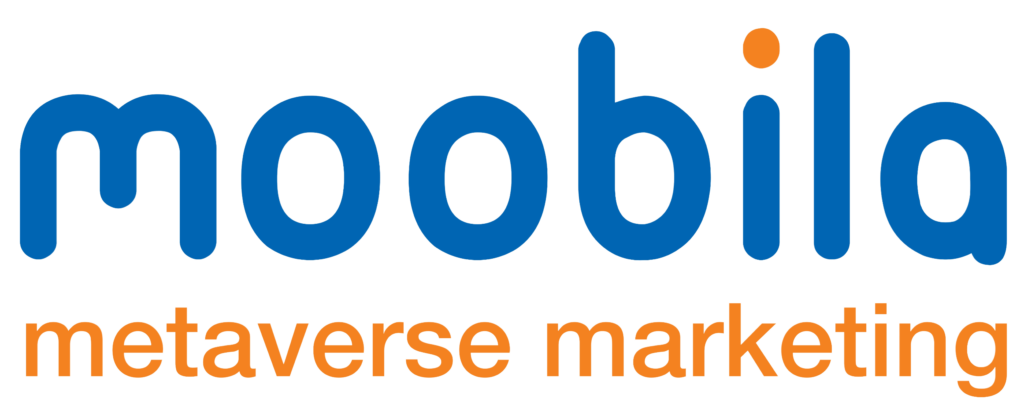App development shows continuous development so decision-making about programming language selection for 2025 represents an essential matter for developers together with enterprises. The variety of available languages requires careful selection because it determines your application’s operational efficiency as well as scalability and user interface quality.
We will examine in this piece the top programming languages set to dominate mobile app development through 2025 with their advantages across diverse use scenarios when compared to other alternatives.
Why Choosing the Right Programming Language Matters
Your selection of programming language determines how your mobile application development process will work affects costs and presents both performance results and compatibility factors. The chosen programming language directly affects application development speed alongside scalability and the resulting user experience quality. Advanced positioning in the mobile app competition for 2025 demands a thorough evaluation of current programming language trends alongside verified development languages.
Top Programming Languages for Mobile App Development in 2025
Here’s a breakdown of the top programming languages shaping mobile app development this year:
1. Swift
Swift remains the cornerstone for iOS app development in 2025. Developed by Apple, Swift is fast, efficient, and designed for modern development practices. It enables developers to build highly performant apps tailored for Apple’s ecosystem.
Key Benefits of Swift
- Speed and Performance: Swift is faster compared to Objective-C, leading to improved app performance.
- Ease of Use: Its clean syntax makes it developer-friendly, even for beginners.
- Robust Community Support: Apple’s continuous updates and community resources make it a reliable choice.
Use Cases
Swift is ideal for iOS apps, including e-commerce platforms, gaming apps, and augmented reality applications leveraging Apple’s ARKit.
2. Kotlin
For Android app development, Kotlin remains at the forefront in 2025. Officially supported by Google, Kotlin’s interoperability with Java and its modern syntax have made it a favorite among developers.
Key Benefits of Kotlin
- Cross-Platform Compatibility: Kotlin Multiplatform allows shared code between iOS and Android.
- Concise Syntax: Reduced boilerplate code speeds up development.
- Enhanced Security: Kotlin minimizes runtime errors and null pointer exceptions.
Use Cases
From startups to enterprise-level apps, Kotlin is widely used for creating feature-rich, scalable Android applications.
3. Flutter (Dart)
Flutter, powered by Google, is a versatile framework that uses Dart as its programming language. It’s become a go-to solution for developers aiming to build cross-platform mobile apps with a single codebase.
Key Benefits of Flutter
- Single Codebase: Develop apps for iOS, Android, and even web using one codebase.
- Rich Widgets: Provides a highly customizable UI toolkit.
- Hot Reload: Enables faster iterations during development.
Use Cases
Flutter is perfect for startups, MVPs, and apps requiring highly interactive user interfaces.
4. JavaScript (React Native)
React Native, powered by JavaScript, continues to be a popular choice for cross-platform mobile app development. Its ability to reuse code across platforms makes it highly efficient.
Key Benefits of JavaScript with React Native
- Reusable Components: Develop once and deploy on multiple platforms.
- Strong Community Support: Backed by Facebook and an active developer community.
- Rich Ecosystem: Access to a wide range of third-party libraries.
Use Cases
React Native is ideal for apps prioritizing a native look and feel, including e-commerce and social networking platforms.
5. Python
Though not traditionally associated with mobile app development, Python’s versatility and frameworks like Kivy and BeeWare make it an emerging option for 2025.
Key Benefits of Python
- Ease of Learning: Beginner-friendly syntax attracts a wide range of developers.
- AI and ML Integration: Seamless integration with AI/ML libraries such as TensorFlow and PyTorch.
- Cross-Platform Support: Python frameworks enable mobile app development for iOS and Android.
Use Cases
Python is suitable for data-driven applications, AI-powered apps, and prototypes.
6. C# (Xamarin)
C# remains a reliable choice for mobile app development in 2025, thanks to Xamarin. This Microsoft-backed framework enables cross-platform development with a single codebase.
Key Benefits of C#
- Robust Performance: Native-like performance for apps.
- Seamless Integration: Easily integrates with Microsoft’s ecosystem.
- Cross-Platform Compatibility: Share code across iOS, Android, and Windows platforms.
Use Cases
C# is commonly used for enterprise-grade applications and gaming apps leveraging Unity.
7. Rust
Rust, known for its performance and safety, is making its way into mobile app development in 2025. Its focus on memory safety without a garbage collector makes it a unique choice for resource-intensive applications.
Key Benefits of Rust
- High Performance: Ideal for apps requiring heavy computations.
- Memory Safety: Prevents common bugs and crashes.
- Growing Popularity: Increasing adoption for web assembly and mobile apps.
Use Cases
Rust is ideal for gaming apps, system-level mobile apps, and applications requiring high efficiency.
8. PHP
Although primarily used for backend development, PHP’s frameworks like Laravel and Symfony enable mobile app developers to manage server-side operations effectively.
Key Benefits of PHP
- Backend Integration: Easy to connect mobile apps with server-side operations.
- Cost-Effective: Open-source nature reduces development costs.
- Vast Ecosystem: Rich libraries and tools for backend support.
Use Cases
PHP is often utilized for apps requiring a robust backend, such as content management systems and e-commerce platforms.
Comparing the Top Programming Languages for Mobile Development
| Programming Language | Platforms Supported | Key Features | Ideal Use Cases |
| Swift | iOS | Fast, developer-friendly, modern | iOS-exclusive apps, AR apps |
| Kotlin | Android, iOS | Concise, secure, cross-platform | Scalable Android apps, cross-platform apps |
| Dart (Flutter) | iOS, Android | Single codebase, customizable UI | MVPs, startups, interactive UIs |
| JavaScript (React Native) | iOS, Android | Reusable code, rich ecosystem | E-commerce, social media apps |
| Python | iOS, Android | AI/ML integration, beginner-friendly | Data-driven and AI-powered apps |
| C# (Xamarin) | iOS, Android, Windows | Robust, native-like performance | Enterprise apps, gaming apps |
| Rust | iOS, Android | High performance, memory safety | Gaming, resource-intensive apps |
| PHP | Backend | Backend integration, cost-effective | Server-heavy apps, CMS platforms |
Future Trends in Mobile App Development Languages
Technology growth requires programming languages to advance in order to fulfill current business requirements. The following are some important programming language development patterns for observation in 2025:
- AI Integration: Programming languages built on Python standards will become the leading choice for building AI software applications.
- Cross-Platform Solutions: Flutter along with Kotlin Multiplatform will maintain their role in simplifying multiple-platform development.
- Performance Optimization: The memory safety and efficiency advantages of Rust seem likely to propel its adoption across various industries.
- Low-Code/No-Code Options: Traditional languages will benefit from these new tools which enable faster development.
Conclusion
The mobile app development field provides programmers with various language options for 2025 while specific frameworks match particular needs. When targeting iOS use Swift or go with Android development utilizing Kotlin or select cross-platform development tools like Flutter or React Native since your chosen language determines the path to app success.
Evaluate your project’s needs, budget, and scalability requirements to make an informed decision. By choosing one of these top programming languages, you can ensure your app thrives in a competitive and ever-evolving market. Partnering with a trusted mobile app development company like Moobila can further streamline your journey, ensuring you leverage the latest technologies to create impactful apps.



